The best way to boil water is on the stove or in an electric kettle.
Here in the US we would consider boiling water on a stove or in an electric kettle. This is the ONLY way to boil water. Never boil water in a microwave.
We have seen video’s on social media platforms where tea has been made using water which was heated in a microwave. This has started many debates among “tea drinking nations”. Because we love to make tea with boiling water from our Uccello Kettle, we thought we would help clear a few things up.
There are a lot of theories about why nuking your water is not the best practice. Some studies say that the microwave will result in unevenly hot water.
Tea Requires a Certain Temperature.
The water temperature for black tea should be 90 to 98ºC and for green tea around 80ºC. To draw the best flavour out of the tea the water must contain oxygen, this is reduced if the water is boiled more than once or can also happen if the water is heated in a microwave. You should never boil water in a Microwave.
kettles are designed to heat tea to 100ºC but we have no way of showing the temperature of the water when it is heated in a microwave.
Why it is a bad idea to nuke your water.
Boiling a cup of water in the microwave may seem harmless, but it is a bad idea. Heating plain water in a ceramic cup or a glass for too long keeps bubbles from building. Therefore, the liquid cannot cool down. It becomes superheated and erupts boiling water when the glass is moved.
The FDA has received reports of serious skin burns or scalding injuries around people’s hands and faces because of hot water erupting out of a cup after it had been over-heated in a microwave. Over-heating of water in a cup can result in superheated water (past its boiling temperature) without appearing to boil.
This occurs if water is heated in a clean cup. If foreign materials such as instant coffee or sugar are added before heating, the risk is greatly reduced. If superheating has occurred, a slight disturbance or movement such as picking up the cup, or pouring in a spoon full of instant coffee, may result in a violent eruption with the boiling water exploding out of the cup.
How?
Microwave ovens shoot tiny waves into the liquid at random locations, causing the water molecules at those points to vibrate rapidly. If the water is not heated for long enough, the result is isolated pockets of very hot or boiling water amid a larger body of water that is cooler. Such water may exhibit signs of boiling despite not being 100ºC.
It’s all about the taste.
The right temperature of water is really important. Overheating your water can make your tea taste bitter. Check out this experiment here.



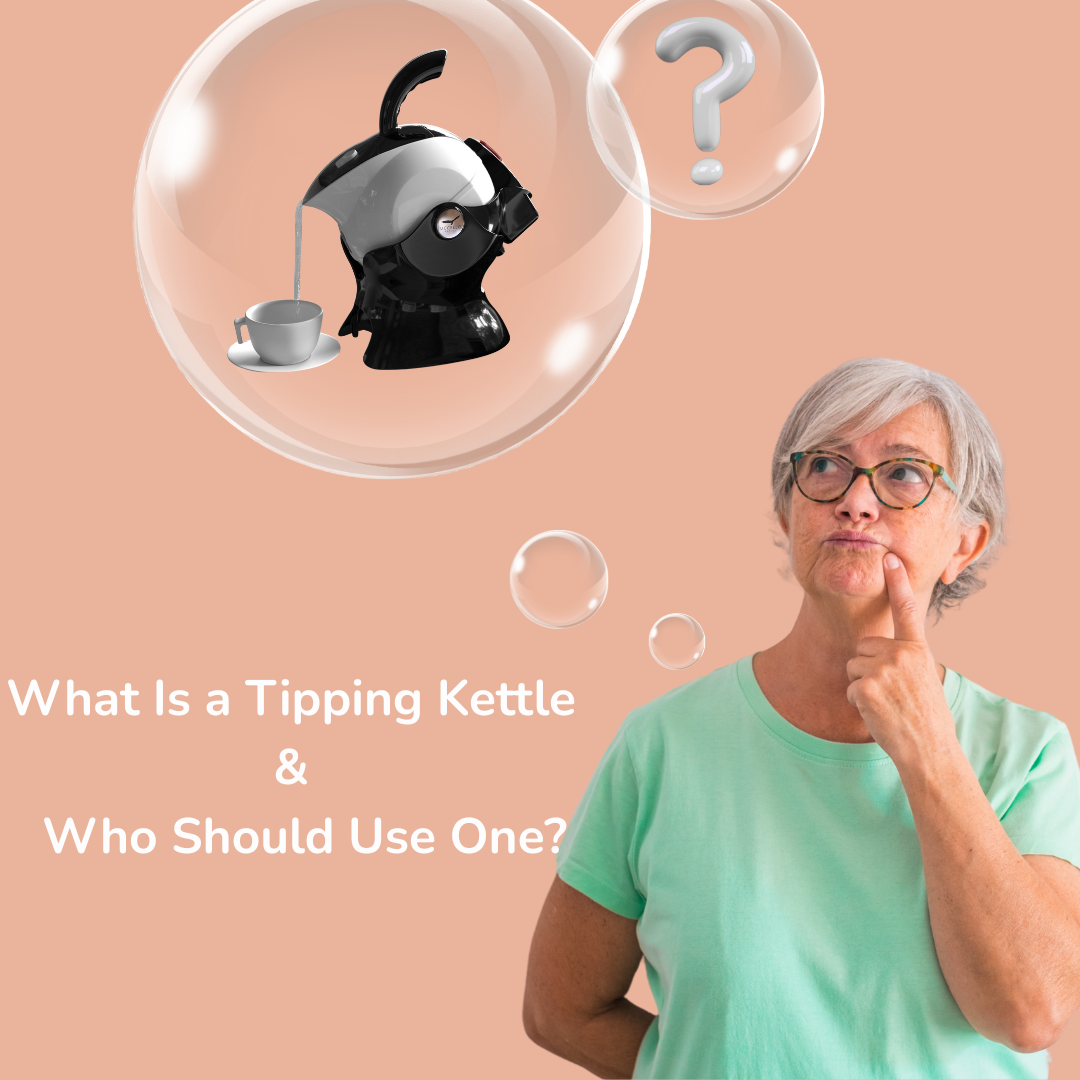
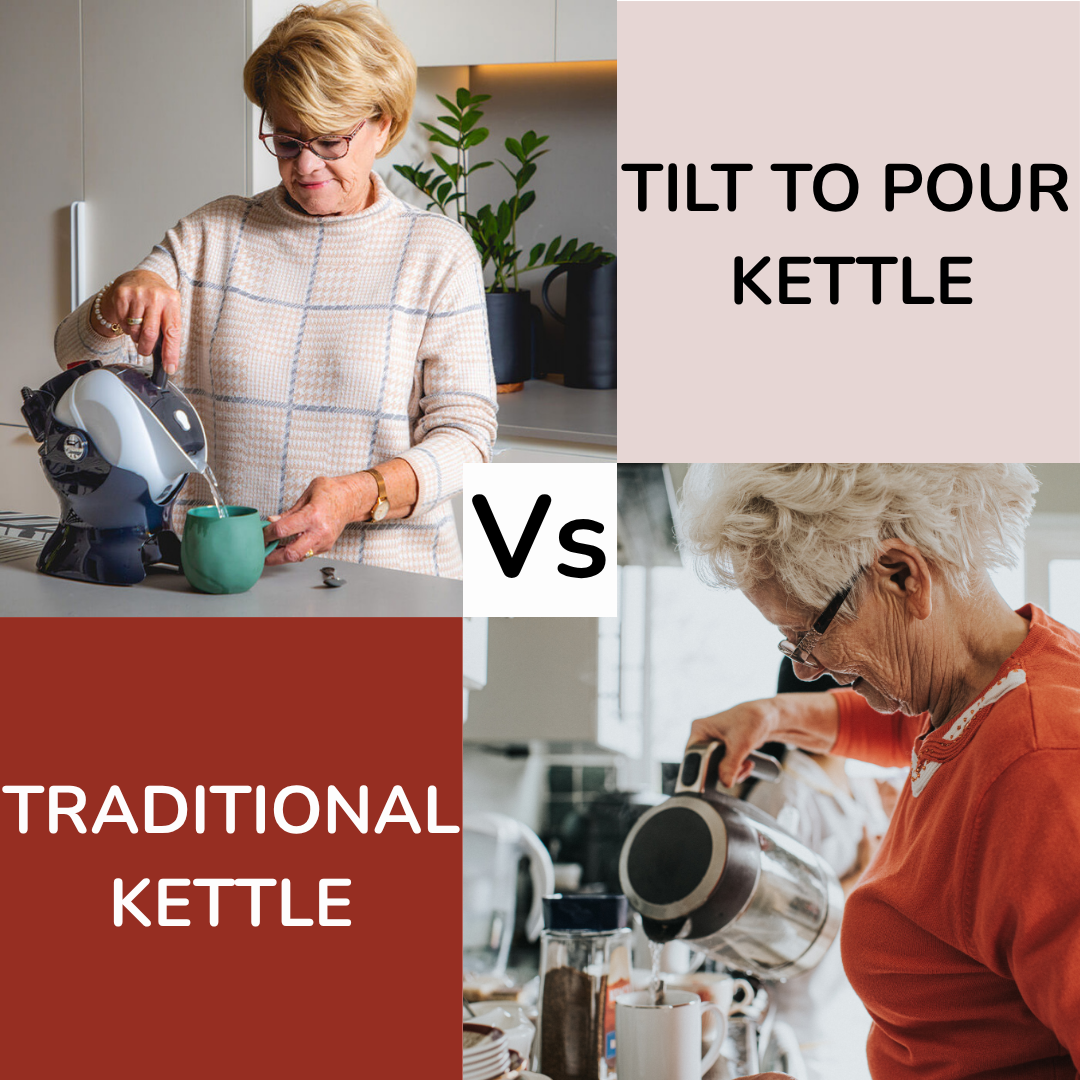
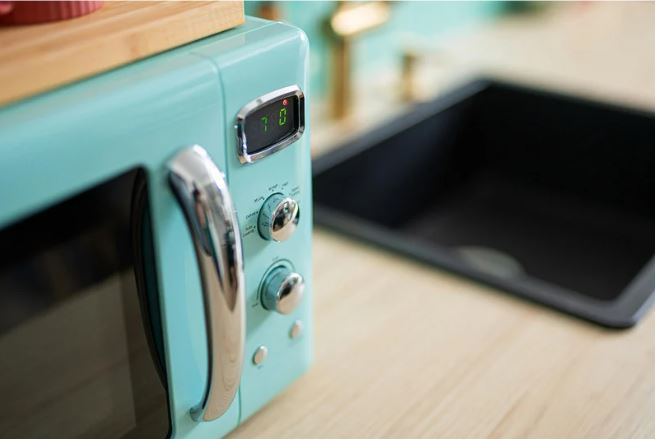
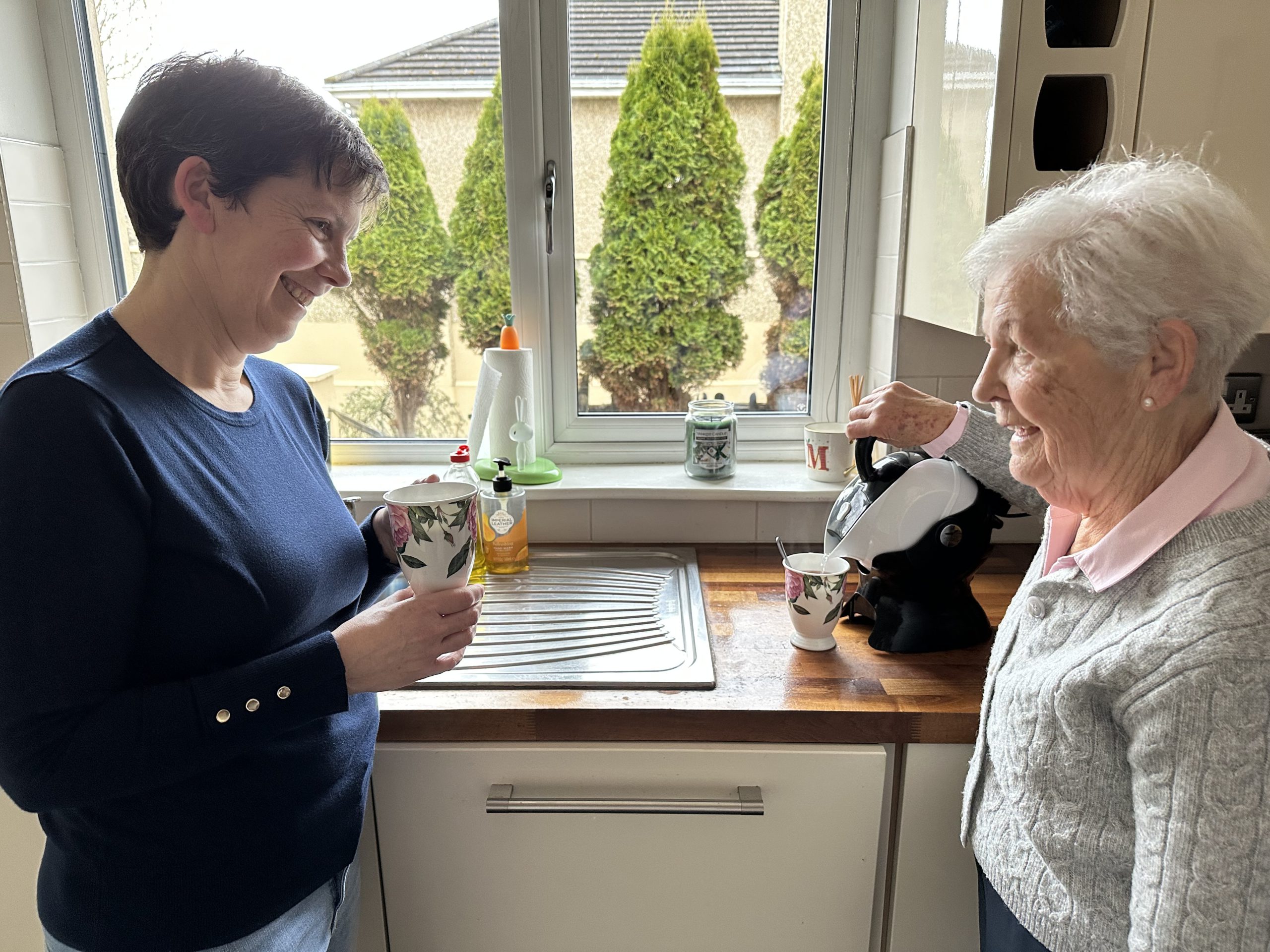
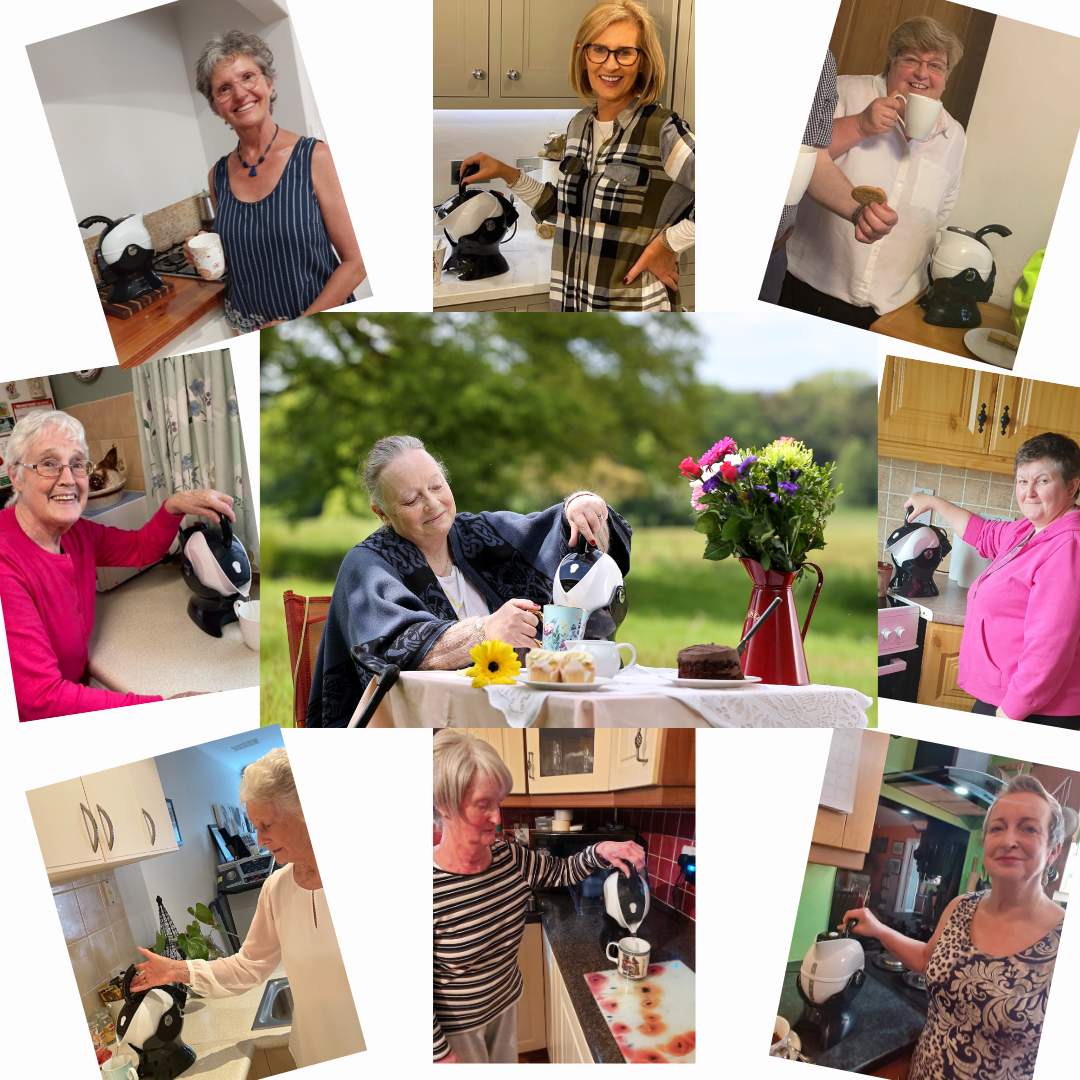
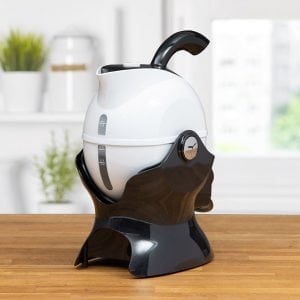
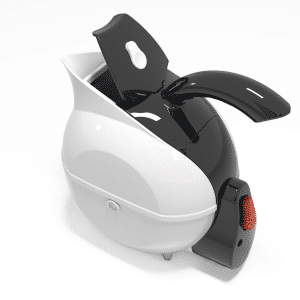
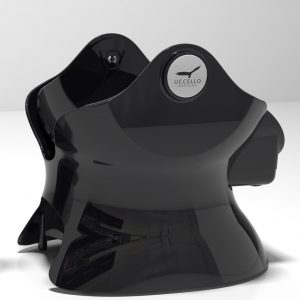
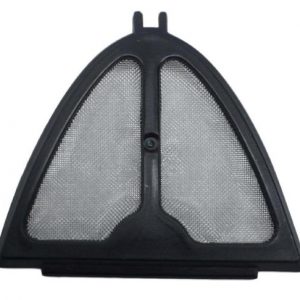
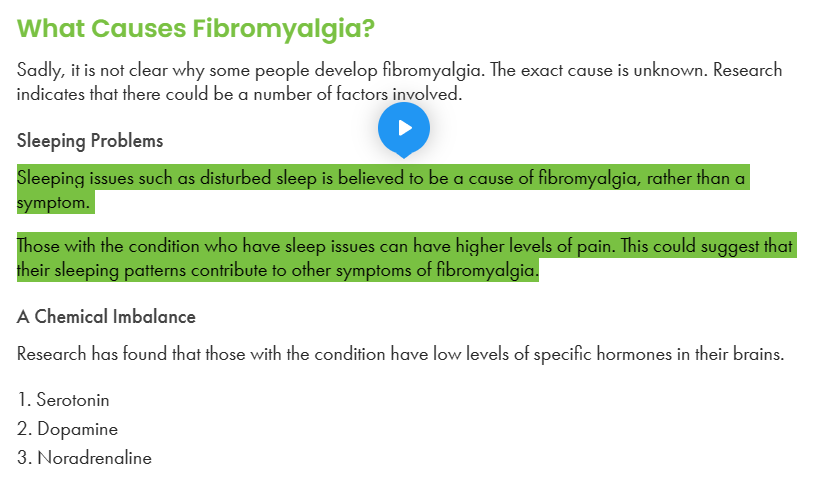
Leave a Comment